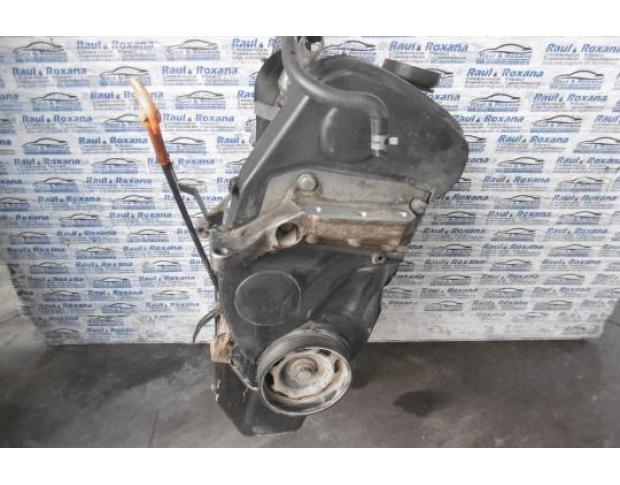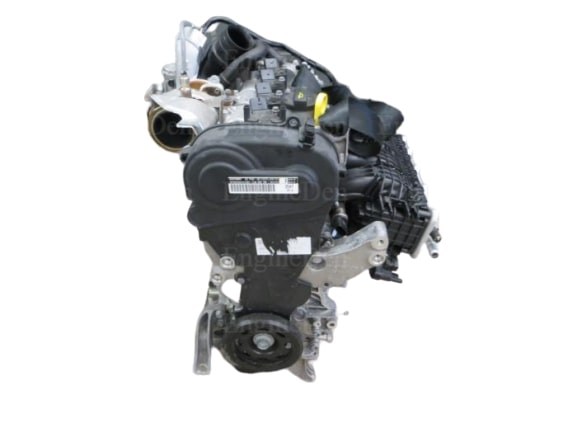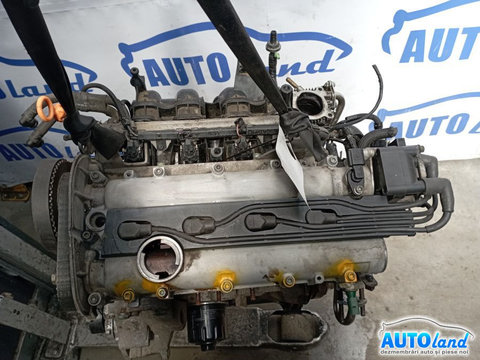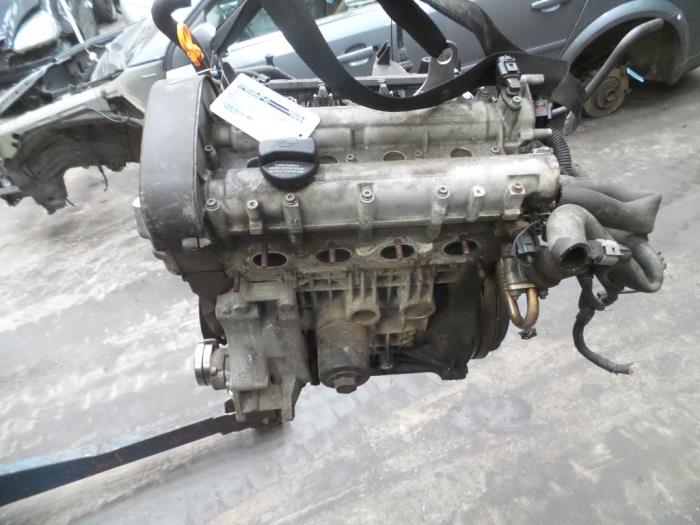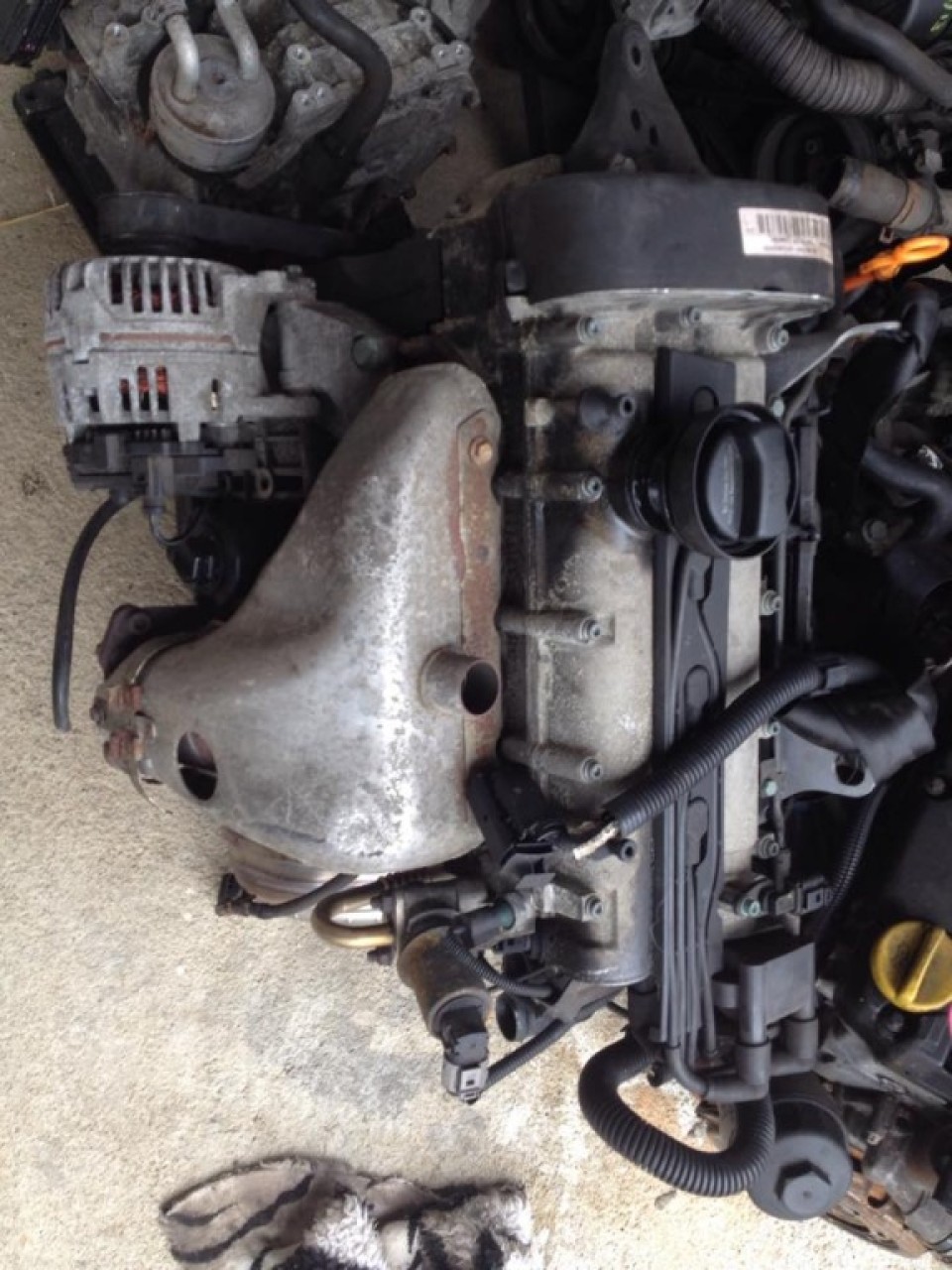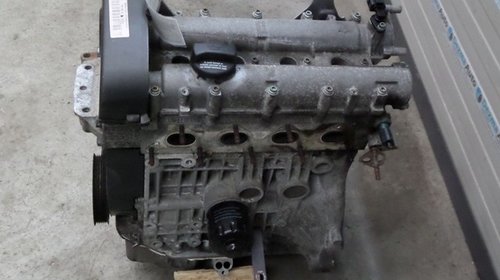
Capac Culbutori Chiulasa Chiuloasa Motor Ax Axe Came Volkswagen Polo 9N 1.4 AUA AUB BBY 2002 - 2008 Cod 036103475 - SDG Dezmembrari Galati

Dezmembrari Volkswagen Polo 6N2 an fab.2001 1.4 16v tip motor AUA - Dezmembrari auto - piese auto - ViNDEpieseauto.ro
![ECU Calculator Motor Skoda Fabia 1 1.4 MPI AUA 2000 - 2007 Cod 036906034BL [2294] - SDG Dezmembrari Galati ECU Calculator Motor Skoda Fabia 1 1.4 MPI AUA 2000 - 2007 Cod 036906034BL [2294] - SDG Dezmembrari Galati](https://www.sdgdezmembrari.ro/media/catalog/product/cache/9e57bf541122ccdc0df4fb74bcb15334/1/-/1-antonovana_l9npf9uycos8cz7u.jpeg)
ECU Calculator Motor Skoda Fabia 1 1.4 MPI AUA 2000 - 2007 Cod 036906034BL [2294] - SDG Dezmembrari Galati
![Motor AUA - 1.4 16V Compatibil cu Audi si VW AUA Volkswagen VW Polo 3 6N [1994 - 2001] Classic Sedan 1.4 MT (60 hp) #88583133 Motor AUA - 1.4 16V Compatibil cu Audi si VW AUA Volkswagen VW Polo 3 6N [1994 - 2001] Classic Sedan 1.4 MT (60 hp) #88583133](https://www.4tuning.ro/images/motor-aua-1-4-16v-compatibil-cu-audi-si-vw-aua/motor-aua-1-4-16v-compatibil-cu-audi-si-vw-aua-5cbc9105304810c4406-0-0-0-0-0.jpg)

